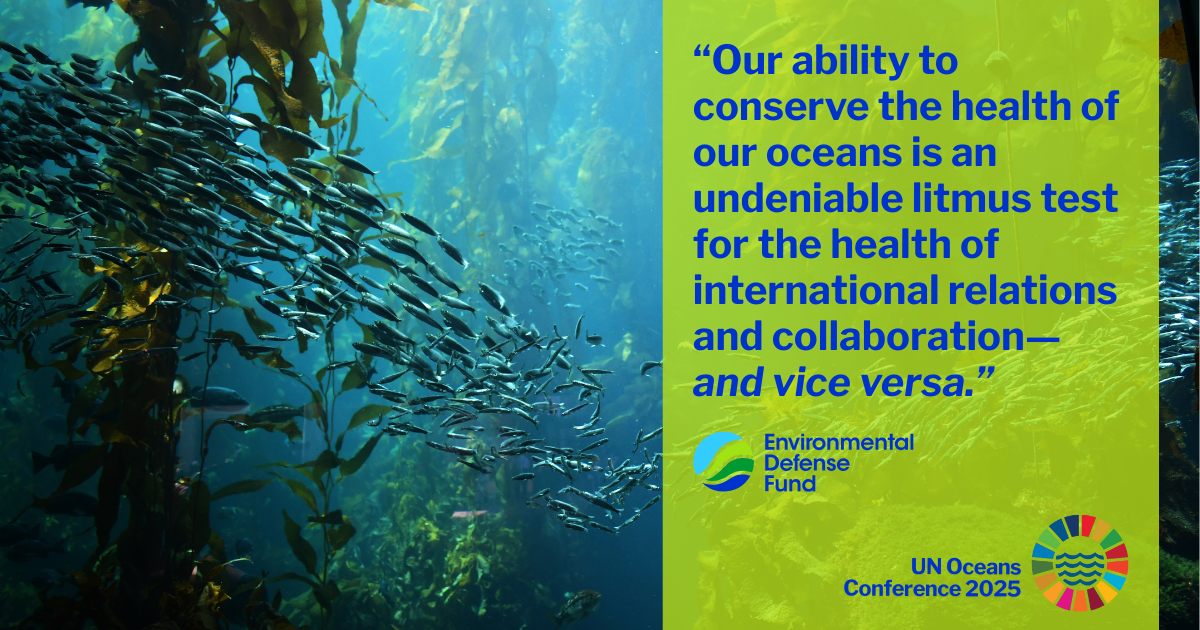Here’s why the world should invest in a sustainable fishing future

Investing in the ocean is essential to ensuring life thrives on our planet. Three billion people depend on seafood for their survival, and hundreds of millions depend on the oceans for their livelihood. With climate impacts threatening this critical resource, now is the time to bring investment capital to accelerating the transition to sustainable fishing.
In a recent New York Times op-ed, former Treasury Secretary Henry M. Paulson Jr. urged worldwide consensus on the need for large-scale private financial investments to cover the costs of combatting climate change. He points out that “there is a global abundance of private capital” that should be tapped to develop clean technologies rather than relying exclusively on the relatively small supply of capital available from governments. Mr. Paulson also asserts that governments can lead the way to a low-carbon future by creating policies and tools to enable the flow of capital into critical projects.
The same is true for sustainable fishing. We already have the tools to increase the amount of fish in the sea, food on the plate and financial return for fishing communities in as little as ten years. EDF, together with the Prince of Wales’s International Sustainability Unit and 50in10, found that fish and people thrive, and investment risk is lower, when harvests are at sustainable levels, fishers have secure access rights and there is robust monitoring and enforcement of fishing activity. These enabling conditions make it possible for investors to focus on investments in seafood supply chains, infrastructure, and technology.
With the right policies in place, capital will follow:
Already, private capital suppliers like the Althelia Ecosphere Sustainable Ocean Fund and Encourage Capital recognize the value in sustainable fisheries investment. Conservation finance is a hot topic, and there is no doubt the capital supply for sustainable investments is growing. Beyond the desire to support healthy oceans and livelihoods, new impetus for countries to act comes from the UN Sustainable Development Goals, aimed at reducing poverty and protecting the planet. Countries will have to demonstrate how they will achieve these goals by 2030, and better stewardship of ocean resources is directly in service of several of the goals.
If countries act now to implement policies that make sustainable fishing the standard, they will not have to bear the financial burden alone; private capital will join in, ultimately making key investments to support the oceans’ ability to provide food and livelihoods for millions.












